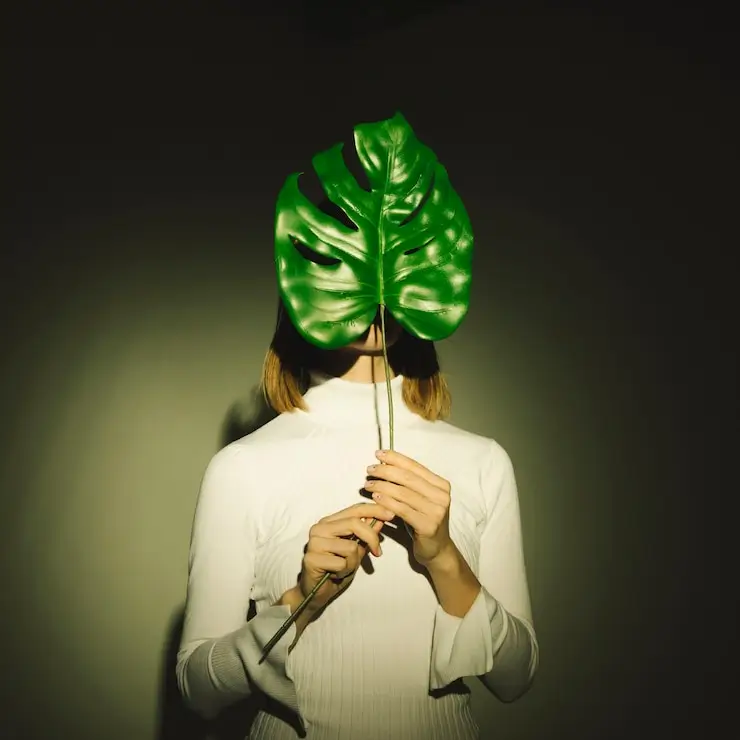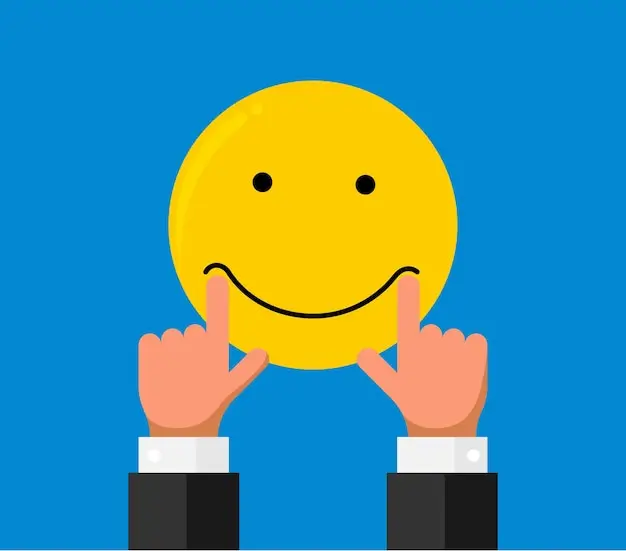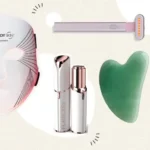For years, I believed happiness lived in the next purchase, the bigger apartment, or the overflowing closet. I chased the high of acquiring new things, convinced that each addition would finally fill the void I couldn’t quite name. Shopping bags lined my hallway like trophies, yet satisfaction remained elusive.
The turning point came during a particularly stressful move. Surrounded by boxes of items I’d forgotten I owned, I realized I was drowning in my own possessions. That moment sparked my journey into minimalism, and it fundamentally rewired my understanding of what brings genuine joy.
The Great Purge
Starting small felt overwhelming enough. I began with my bedroom, pulling everything from drawers and closets. The “keep, donate, trash” method sounds simple until you’re holding a dress you wore once but “might need someday.” Each decision forced me to confront my relationship with stuff.
The first breakthrough came with books. I owned over 200, many unread, stacked in precarious towers. Keeping only favorites and current reads freed up entire shelves. Suddenly, my remaining books felt special again, chosen rather than accumulated.
Clothes followed the same pattern. My overstuffed wardrobe became a curated collection of pieces I actually loved wearing. Getting dressed transformed from a daily struggle to an effortless choice between items that made me feel confident.
Unexpected Discoveries
What surprised me wasn’t just the physical space I gained, but the mental clarity that followed. Without visual clutter competing for attention, my home became a sanctuary rather than a source of stress. Cleaning took minutes instead of hours. Finding things became instant instead of frustrating.

Financial freedom emerged as an unexpected bonus. With fewer impulse purchases, I watched my savings grow. More importantly, I stopped equating spending with self-care or celebration. Instead of buying something when stressed, I’d take a walk or call a friend.
The environmental impact hit me gradually. Buying less meant wasting less, contributing less to landfills and overconsumption cycles. This alignment between values and actions created a deep sense of integrity I’d never experienced.
Redefining Enough
Minimalism taught me the difference between wanting and needing, between collecting and appreciating. I learned that having fewer options often leads to greater satisfaction. My small, carefully chosen wardrobe brought more joy than my previous overflowing closet ever did.
Social media became less triggering. Seeing others’ acquisitions no longer sparked envy or inadequacy. I stopped measuring my worth against others’ possessions because I’d stopped measuring my worth through possessions entirely.
Gift-giving shifted too. Instead of buying objects, I began giving experiences, time, or services. The joy of watching someone open a present was replaced by the deeper satisfaction of shared memories or meaningful help.
The Happiness Connection
True happiness, I discovered, isn’t about having more—it’s about appreciating what you have. When you own fewer things, each item carries more significance. My favorite mug became genuinely special because it wasn’t competing with twenty others for attention.
Minimalism created space for what actually mattered: relationships, experiences, personal growth, and peace of mind. Without the constant distraction of managing stuff, I had energy for pursuing passions, deepening friendships, and being present in moments.
The anxiety that once drove my shopping habits gradually disappeared. I no longer felt the urgent need to fill emotional voids with purchases because I’d learned to sit with feelings instead of numbing them through consumption.
Living With Less, Feeling More
Today, my definition of wealth has completely transformed. Rich means having time for long conversations, energy for spontaneous adventures, and space—both physical and mental—for creativity to flourish. It means owning things that serve purposes rather than collecting dust.
This doesn’t mean living in an empty box or never buying anything. It means being intentional, choosing quality over quantity, and understanding that happiness comes from within, not from without. Every purchase now passes the “does this add value to my life?” test.
Minimalism showed me that happiness isn’t something you acquire—it’s something you uncover by removing everything that’s in the way. In choosing less, I gained more of what actually matters: peace, purpose, and genuine contentment.









